A mutual friend brought Danielle Iwata to the Ascend! show at The Tank, an interview-based show written and co-directed by Amy Zhang with an all Asian woman cast and crew, that was created in response to the pandemic and the anti-Asian attacks. The friend connected the two of them after Danielle remarked that it was the most “nuanced depiction of Asian women on stage” she’d ever seen. Over Zoom video, Danielle interviewed Amy about the show and its interview-based process, Asian perspectives that don’t fit neatly in Asian American ones, and how theatre can be a uniquely suitable place to process rage and vulnerable stories safely.
Danielle Iwata: Let’s just jump in! Can you share a bit about your background?
Amy Zhang: Yeah! In terms of life background, I was born in Beijing, moved to Williamsburg, Virginia at the age of four, and then moved to Hong Kong at the age of eight, where I stayed for ten years until I went to Wesleyan for university. So that experience of being Asian American, but mostly in an Asian context, definitely informed a lot of my work, life experience, and yearnings.
I studied anthropology in college and after school, knew that I wanted to be a storyteller but was not sure in what medium. In high school in Hong Kong, I was really into theatre. I acted in school shows and had an amazing drama teacher, Mr. Doug Baker, who really challenged me—he casted me as Sigmund Freud and Mother Theresa in the same show! In New York, I waitressed for a bit while working at Ping Chong + Company. It was a really transformative experience to learn about documentary theatre, which is a blend of journalism and theatre where it’s interviewing real people about their stories, writing a script, and then having them perform it. After that, I went to Patriot Act with Hasan Minhaj, where I pitched and produced international episodes on China, India, and American domestic cultural and political issues. I guess the overarching theme of my work is that I’m really into innovative storytelling mediums.
Danielle: I do want to ask if you can dive deeper into what really drew you to storytelling—not just the innovative mediums. What is it about being able to share things that made you really want to focus on that?
Amy: Gosh, I’ve always been a writer, I don’t remember a time where I wasn't into writing and making up stories. I have a feeling it comes with being an only child and having a lot of time in your head. But from a young age, I was also surrounded by lots of art. My parents played a lot of music, from Andrew Lloyd Webber to Beijing opera to Whitney Houston. My parents also took me to a lot of theatre. I would watch DVDs at home by myself a lot—maybe some stuff that was too mature for my age!
My love of storytelling grew—or the essentialness of it grew—when I moved to the East Coast. I found that there were parts of me that weren’t automatically understood, which is something I had taken for granted growing up in Hong Kong and China and having my family close. I had to tell stories, find stories, or find people who tell these stories to feel a sense of connectedness and belonging.
Danielle: Absolutely. So, then what sparked you to create Ascend!?
Amy: Oh man, so many things. One: It was really a personal reckoning that I think we all had at various volumes during the pandemic. But for me, during the beginning of the pandemic, there was a lot of stuff happening that I was trying to figure out. Between Hong Kong’s political dissolution and writing not feeling like a safe space because we were all in our heads anyway, I was really trying to figure out my place in the world. And with all this violence towards Asian Americans in the United States, there was all this rage and confusion—and craziness from being cooped up.
The second thing that sparked Ascend! was realizing that there’s a huge void in hearing from Asian American women during this time when our bodies and agency were really being taken from us. I wanted to create a safe space for that because it’s a lot to put one’s name on Twitter or an article and be that vulnerable to pushback and haters. I thought that theatre could be a ritual space for many voices to come through and for people who wanted to stay anonymous to process and still have their stories be told.
Lastly, I’d gotten a City Artist Corps Grant which stipulated I had to put something on by the end of October and it pushed me to leap. Can I do this to prove to myself that I can make my own work? Can I direct? Can I perform again? Can I write for the stage? After working for and under creative titans like Ping Chong and the resident directors and people at Patriot Act, I was curious to push myself to see if I could create something that felt true to me—both a process and a show that feels true.

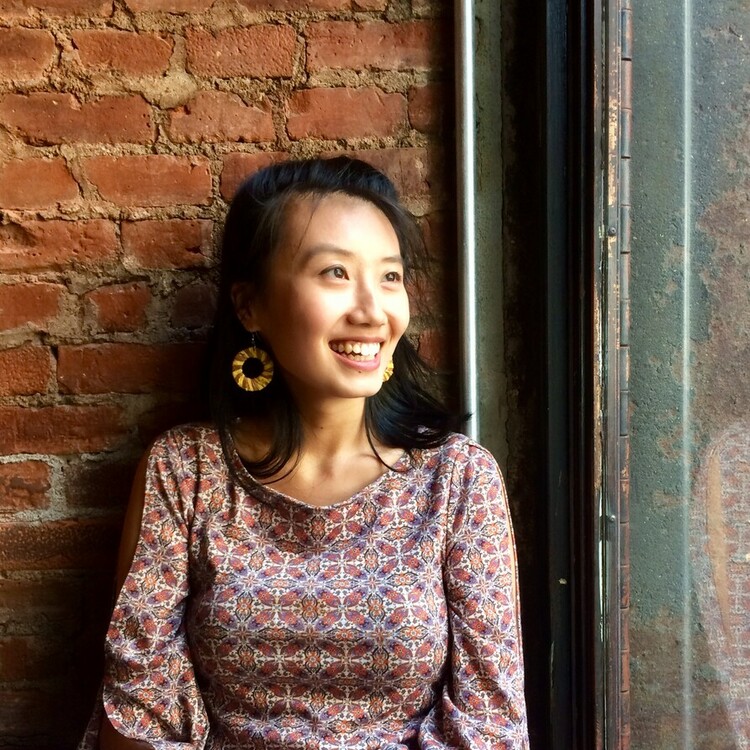
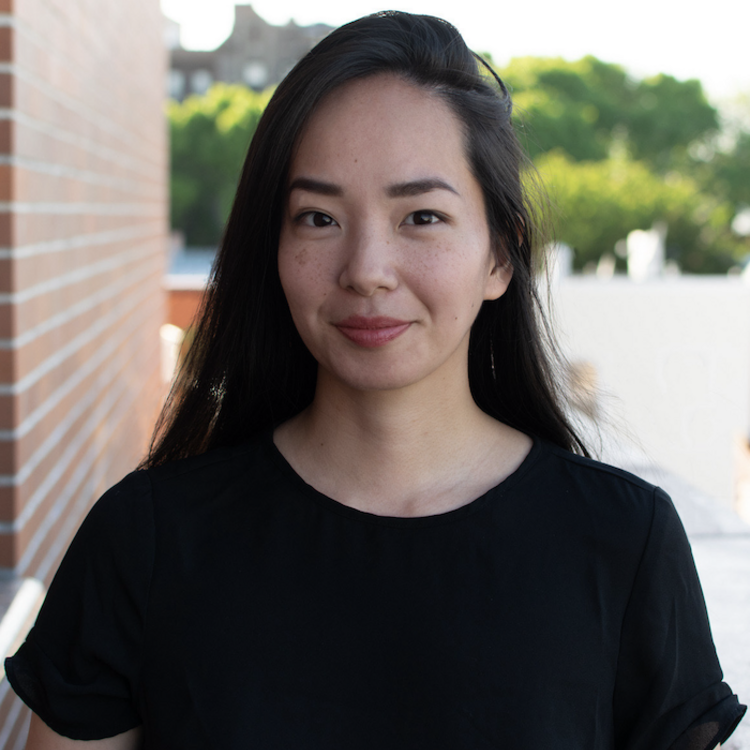
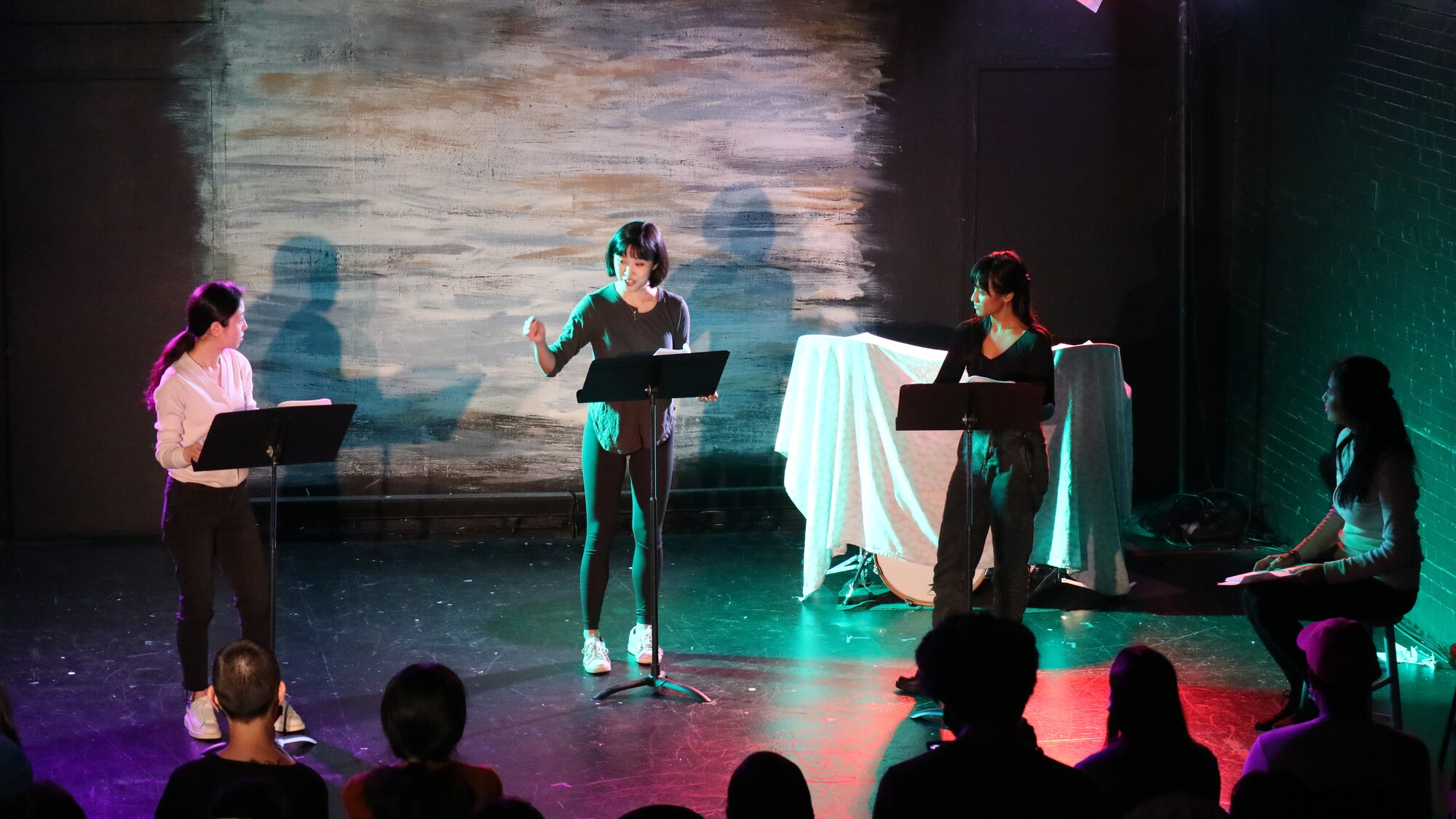
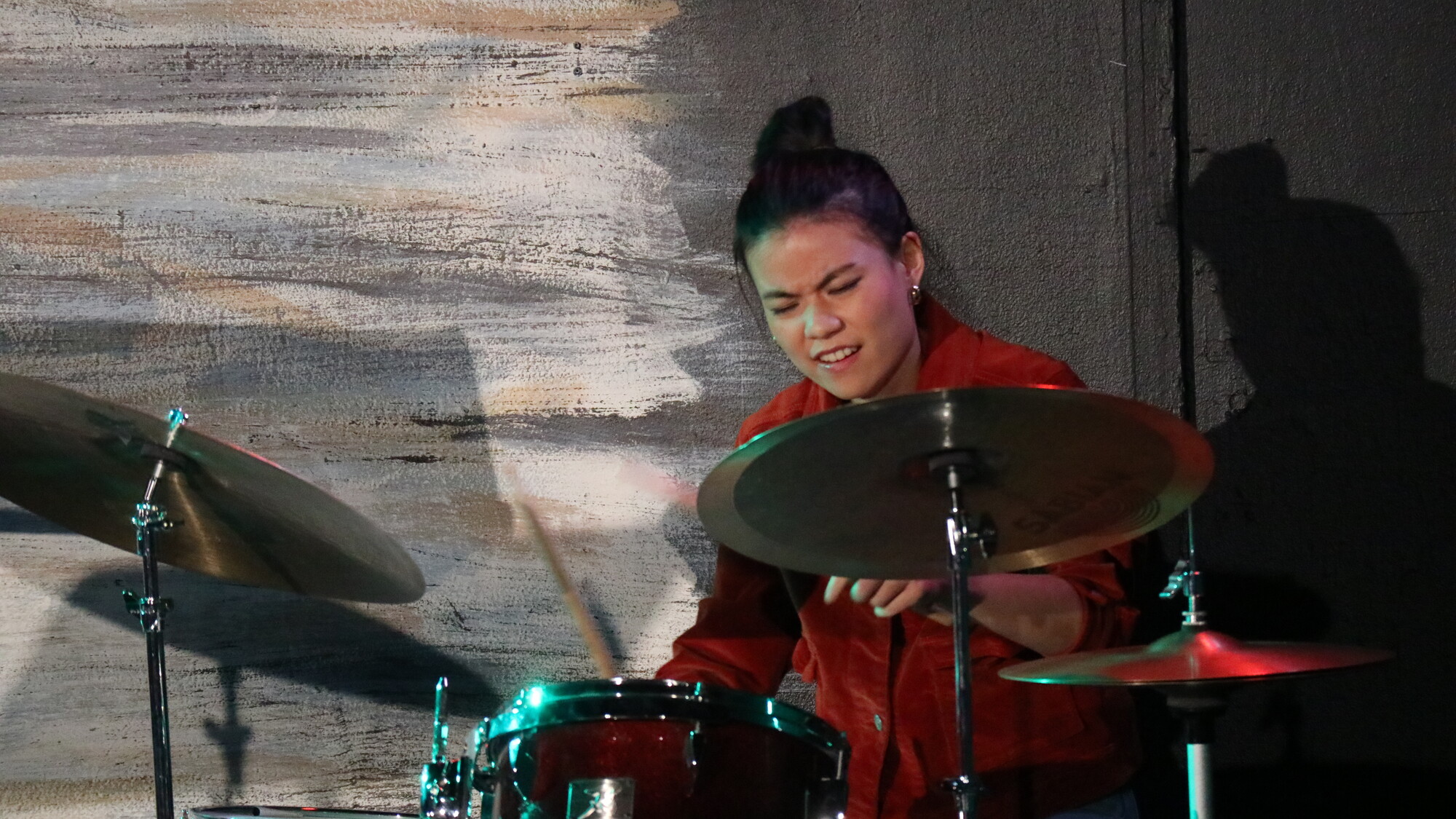
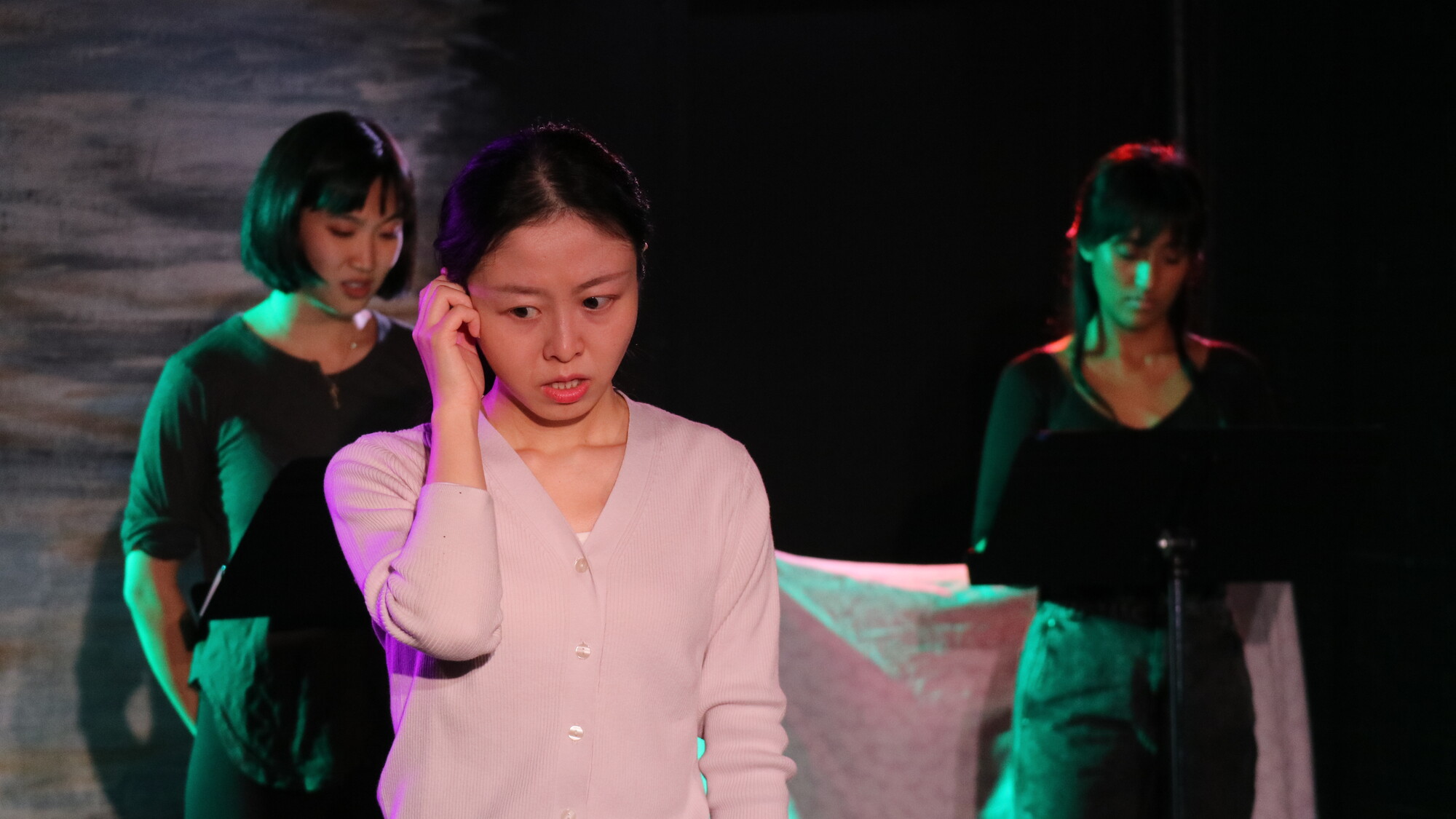
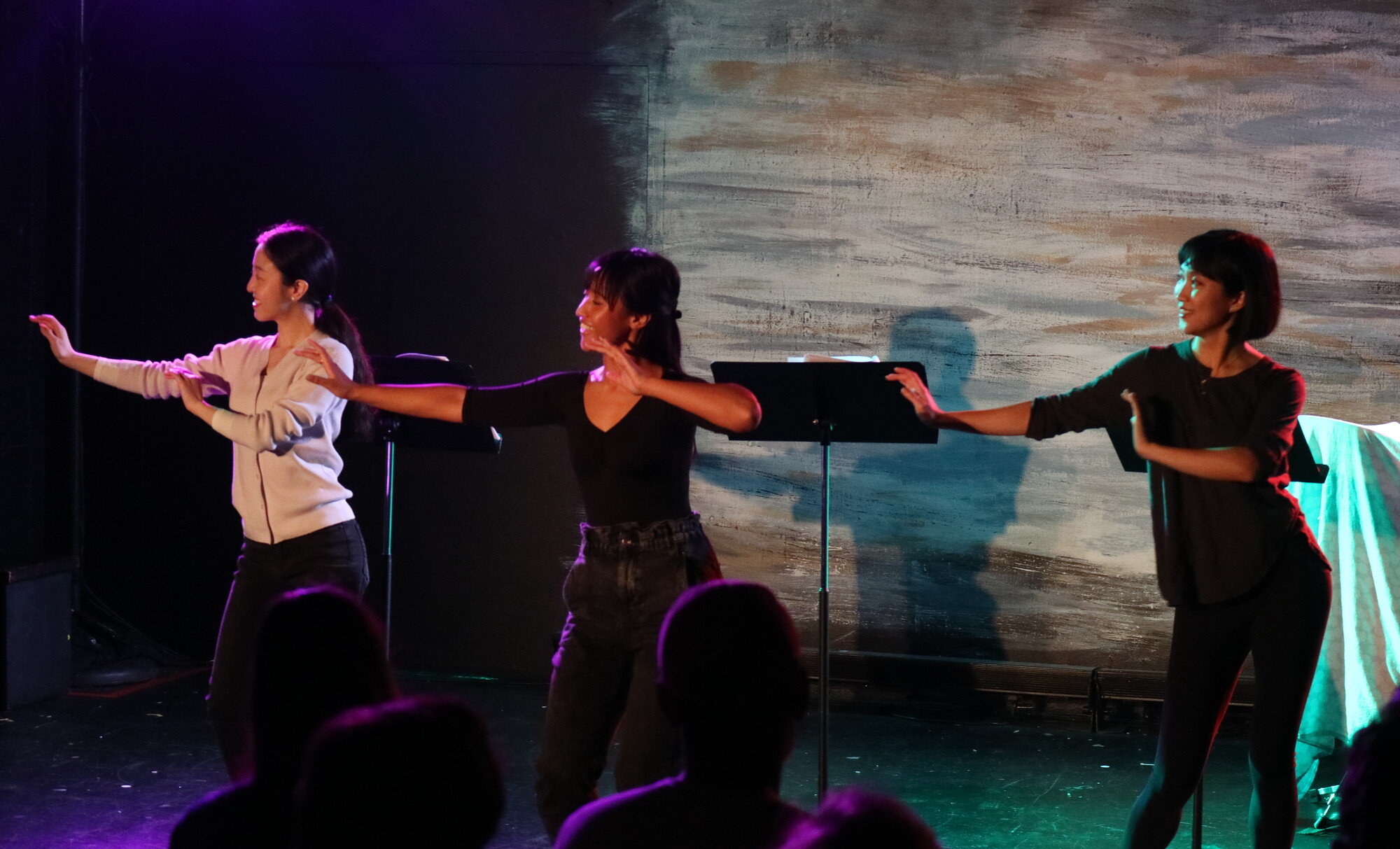
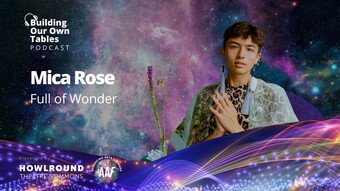


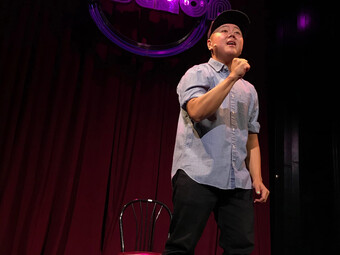


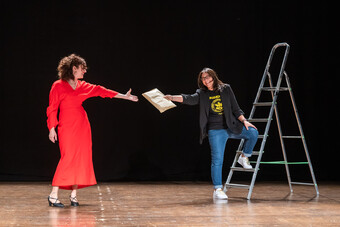

Comments
The article is just the start of the conversation—we want to know what you think about this subject, too! HowlRound is a space for knowledge-sharing, and we welcome spirited, thoughtful, and on-topic dialogue. Find our full comments policy here
Would love to see this show. The whole interview resonates, but here are some standouts for me:
I found that there were parts of me that weren’t automatically understood, which is something I had taken for granted growing up in Hong Kong and China and having my family close. I had to tell stories, find stories, or find people who tell these stories to feel a sense of connectedness and belonging.
That's so relatable for people who grew up cross-culturally--immigrants, expats, nomads, and TCKs.
And that’s the magic of theatre, right? The process of creating a space for these Asian women and reaching audience members like you is why theatre is so irreplaceable as a medium and nothing comes close to it.
Yes, literally nothing can match or replace theatre for the instant connection it creates.
I certainly wanted to do something for Asian women on stage—and for our visibility in general—that I hadn’t seen before, and I wanted people to experience that.
Thank you! Would truly love to see the show.
But for me, I was also like… what’s so bad about going back to China? Why is that seen as a bad thing, you know?
Again, I believe ever so many immigrants, expats, nomads, and TCKs would relate.
It’s complicated because yes, there absolutely still needs to be that movement because Asian Americans should rightfully feel like this is their home and no one should make them feel differently. But can we give space and recognize this other narrative as well? It was very meaningful for me to be able to put that nuance into the piece.
Nuance is everything, and including the nuances is what makes a play more powerful. I hope to see this one and your future work!